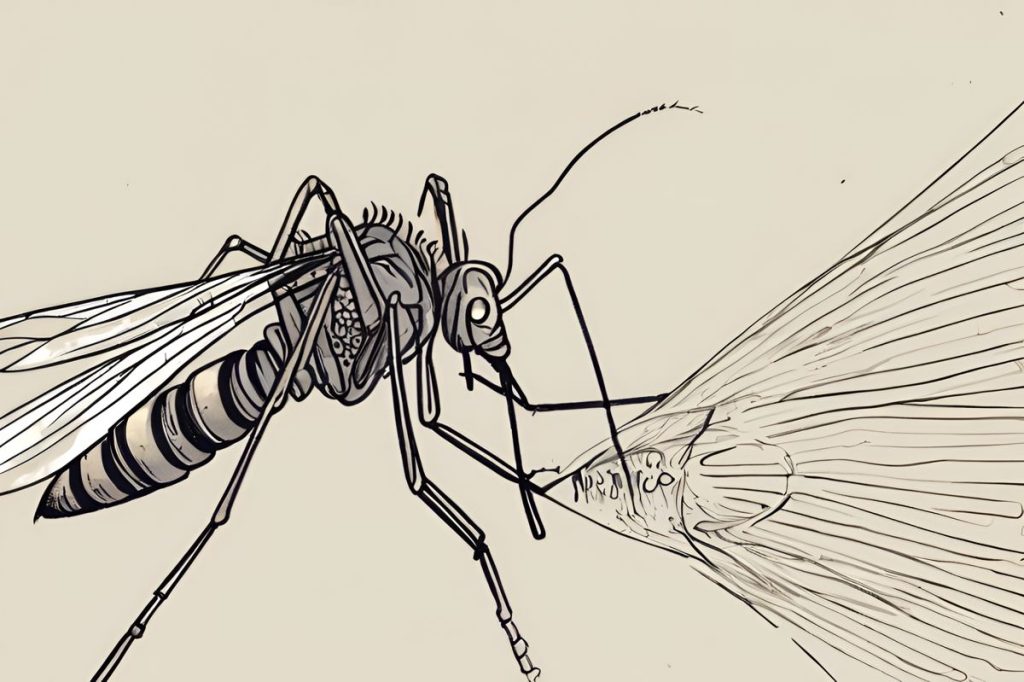Larnaca is taking proactive steps to combat its mosquito population, including using biological insecticides in breeding areas like salt lakes and spraying stagnant water bodies. Community involvement is also key, with residents encouraged to remove standing water and clear vegetation, while eco-friendly solutions are prioritized to preserve ecosystems and reduce the ecological footprint.
What actions is Larnaca taking to control its mosquito population?
Larnaca is combating mosquitoes through several key actions:
- Using biological insecticides in breeding areas like salt lakes.
- Spraying rainwater gates, public pools, and stagnant water bodies.
- Encouraging community involvement to remove stagnant water and clear vegetation.
- Targeting peak mosquito seasons with scheduled control measures.
- Emphasizing eco-friendly solutions to preserve ecosystems.
Proactive Measures to Combat Mosquito Population
In the coastal city of Larnaca, the local authorities are not taking the mosquito situation lightly. As the warm climate of Cyprus provides a breeding ground for these pests, especially in areas like the town’s notable salt lakes, the municipality has increased its efforts in pest control. These salt lakes, picturesque as they are, serve as ideal breeding grounds for mosquito larvae. To address this, the municipality is utilizing biological insecticides, which are both effective and environmentally friendly, given the protected status of these areas.
Rainwater gates, public pools, and other bodies of stagnant water are also on the treatment list. These areas are being thoroughly sprayed to prevent the multiplication of the mosquito population. By doing so, the municipality aims to protect public health and enhance the quality of life for both residents and visitors by mitigating the nuisance caused by these insects.
Community Involvement in Mosquito Prevention
Understanding that combating mosquitoes is a collective effort, the Larnaca municipality has called upon its citizens to take proactive steps in their own spaces to prevent the hatching of mosquito larvae. One key measure is to ensure that no stagnant water is left standing. This includes emptying containers, barrels, and old tanks that may collect water. By eliminating these potential breeding sites, the spread of mosquitoes can be significantly reduced.
Furthermore, residents are encouraged to clear any wild vegetation from their properties. Dense shrubbery can provide shelter for adult mosquitoes, and maintaining a tidy garden can make a big difference in keeping the mosquito population under control. Through these combined efforts, the Larnaca municipality and its citizens are working hand in hand to create a comfortable and mosquito-free environment.
Targeted Actions During Peak Mosquito Season
With the arrival of high temperatures, conditions become even more favorable for mosquitoes to thrive. The Larnaca municipality is acutely aware of this seasonal challenge and is actively reminding the public to stay vigilant during these periods. Emphasizing the need for individual responsibility alongside municipal actions, they seek to minimize the risk of mosquito-borne diseases and ensure that outdoor activities can be enjoyed without the constant bother of these pests.
The city’s strategy is not only reactive but also preventive. By monitoring weather patterns and mosquito activity, the authorities are able to schedule spraying operations and other control measures at optimal times, thereby increasing their effectiveness. This proactive approach is crucial for keeping the mosquito population at bay, especially during the peak breeding times.
Emphasis on Eco-Friendly Solutions
In its battle against mosquitoes, the municipality of Larnaca places significant importance on the use of sustainable and eco-friendly methods. The choice of biological insecticides reflects a commitment to preserving the delicate ecosystems within the protected salt lakes while addressing the mosquito problem. The use of such environmentally conscious products aligns with global trends of reducing the ecological footprint, even in pest control practices.
The ongoing fight against mosquitoes in Larnaca serves as a model for other communities facing similar challenges. By integrating community involvement, proactive seasonal planning, and a commitment to sustainability, Larnaca is setting a standard for effective and responsible pest management.
What actions is Larnaca taking to control its mosquito population?
Larnaca is combating mosquitoes through several key actions:
- Using biological insecticides in breeding areas like salt lakes.
- Spraying rainwater gates, public pools, and stagnant water bodies.
- Encouraging community involvement to remove stagnant water and clear vegetation.
- Targeting peak mosquito seasons with scheduled control measures.
- Emphasizing eco-friendly solutions to preserve ecosystems.
How is the municipality of Larnaca addressing the mosquito issue in salt lakes?
The municipality of Larnaca is utilizing biological insecticides in salt lakes, which are breeding grounds for mosquitoes. These insecticides are effective in controlling the mosquito population while being environmentally friendly to protect the sensitive ecosystems in these areas.
What role does community involvement play in mosquito prevention efforts in Larnaca?
Community involvement is crucial in Larnaca’s mosquito prevention efforts. Residents are encouraged to remove stagnant water from their properties and clear vegetation that can provide shelter for adult mosquitoes. By working together, the municipality and its citizens are creating a mosquito-free environment.
How does Larnaca plan its mosquito control measures during peak seasons?
During peak mosquito seasons, Larnaca monitors weather patterns and mosquito activity to schedule spraying operations and other control measures at optimal times. This proactive approach helps minimize the risk of mosquito-borne diseases and keep the mosquito population in check.

